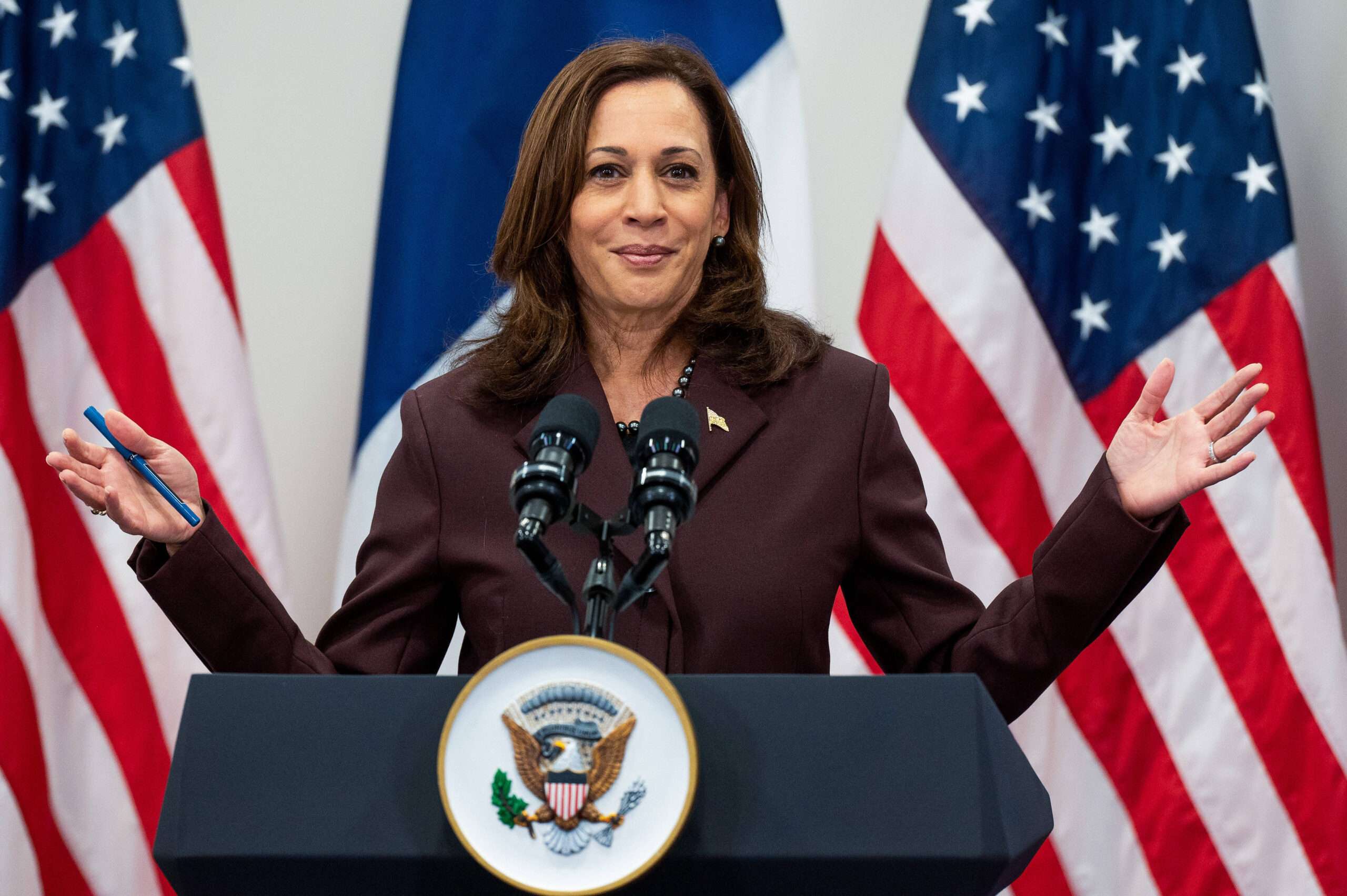Biden’s Muddled Viewpoint Exacerbates Complex Geopolitics
In his initial post-presidential commentary, Joe Biden labeled President Donald Trump’s insistence on Ukraine conceding territory to Russia as ‘modern-day appeasement,’ a concept historically associated with Neville Chamberlain’s futile pre-World War II attempts to prevent Nazi annexation of Europe. Biden’s invective towards Trump’s stance, which evidenced a profound ignorance of historical precedent, was shared during an interview with BBC Radio 4’s ‘Today’ program. The focus of Biden’s criticism was directed at populist statements by Trump regarding the acquisition of global territories such as Panama, Greenland, and Canada. He stated these absurd pronouncements have induced a growing disbelief of U.S. intentions among European allies.
Biden questioned with incredulity, ‘What president ever talks like that?’ This reaction can be interpreted as nothing more than an exasperated plea since no affirmative answers could be expected. Biden compounded his unsupported criticism by tooting his own trumpet, stating, ‘That’s not who we are. We’re about freedom, democracy, opportunity — not about confiscation.’ However, he failed to provide concrete details of these lofty ideals having been achieved during his stint in office.
The ex-president further disclosed that his withdrawal from the 2024 presidential race four months before Election Day, enabling Kamala Harris to vie against Trump, was a ‘difficult decision.’ Ironically, it’s unclear why such a decision was difficult, considering Biden’s unsuccessful track record and Harris’s deeply unpopular standing. He resolutely claimed that an earlier withdrawal, as some critics had recommended, ‘would(n’t) have mattered.’ However, his assertion in this regard seemed like a feeble attempt to mask the evident lack of faith in his candidature.
Trump has been unequivocal in his views on the war in Ukraine, dismissing it as a needless slaughter and a drain on American taxpayers’ money. Early in his presidency, he imposed a temporary halt in American aid to Ukraine, only to resume it later. It appeared that Biden’s criticism of these actions stemmed more from personal enmity than from a rational critique of Trump’s policy.
Last week, the U.S. and Ukraine reached an accord granting America access to Ukraine’s abundant mineral resources. According to Trump, this agreement could signal a positive return on investment, possibly leading to increased U.S. aid. However, Biden’s critique of these developments fails to provide a realistic alternative course of action, revealing a thought process likely fueled by resentment more than pragmatism.
Trump’s statement on Crimea, the strategic Black Sea peninsula in southern Ukraine annexed by Russia in 2014, that it ‘will stay with Russia,’ sheds light on his pragmatic approach to international relations. Biden, however, expressed concern over Trump’s stance, further illustrating a mindset fixed on criticism rather than practical solutions.
According to Biden, Trump’s presidency was causing the U.S.-Europe relationship to fray. However, one might speculate whether Biden was projecting his administration’s own well-documented failures onto his predecessor. His comments included the claim that NATO member nations were reassessing their trust in the U.S., presenting an apocalyptic vision that seemed rather hyperbolic.
Unconvincingly, Biden further claimed that European leaders were questioning their dependence on the U.S. He expounded, ‘Europe is going to lose confidence in the certainty of America and the leadership of America.’ But his comment, lacking any substantial backing, seemed more like a political jab than a well-founded observation.
Biden was particularly critical of the Trump administration’s proposal for Russia to retain certain Ukrainian territories as part of a tranquility treaty to cease hostilities. ‘It is modern-day appeasement,’ Biden said. However, his remarks appeared to lack any constructive alternatives, revealing a propensity for criticizing without proposing viable solutions.
In February, Biden condemned Trump’s exchange with Ukrainian President Volodymyr Zelenskyy in the Oval Office. He labeled it ‘beneath America,’ displaying a clear isolated perspective rather than a commonly accepted view. Seemingly, he failed to comprehend the complexities of global politics and the necessity for tough negotiations in such interactions.
Biden professed puzzlement, stating ‘I don’t understand how they fail to understand that there’s strength in alliances.’ Coming from an administration that had strained international alliances and partnerships, this remark could be seen as oddly ironic.
In response to Trump’s celebration of his first 100 days in office, Biden passively said he would let history judge whether it was triumphant. However, given his relentless negative critiques of Trump’s administration without offering any substantial alternative strategies, his dismissal of Trump’s triumph felt more like a point scored in a personal feud than a well-founded evaluation.
In conclusion, Biden’s viewpoint appears to reduce complex geopolitical challenges down to a simple and rather partisan narrative. This inadequately captures the depth and intricacies of international politics, and often times, involves a degree of posturing that may not always be productive or realistic. His criticisms of Trump’s policies and actions seem biased and deeply rooted in a personal antithesis rather than objective assessment.
Given his penchant for promulgating only negative commentary about his successor and failing to recognize potential opportunities for improvement in international relations, one could argue that Biden’s commentary lacks the necessary diplomatic nuance and impartial perspective. This approach only works to further polarize discussions and presents a skewed understanding of the geopolitical challenges at hand.

